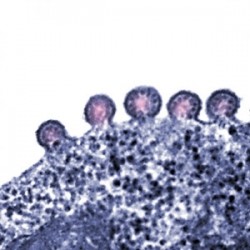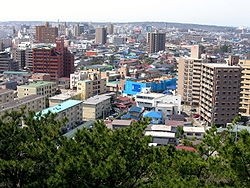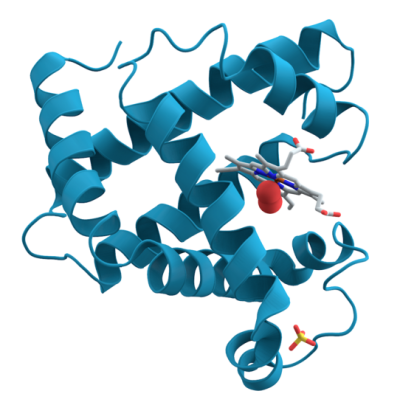Cevec's cell line bypasses problems that have held back RSV vaccine

RSV is an infection of the upper respiratory tract that – according to the Centers for Disease Control and Prevention (CDC) – hospitalises as many as 125,000 babies and several thousand elderly people each year in the US.
At present MedImmune’s monoclonal antibody (mAb) Synagis (palivizumab) is the only anti RSV infection product available as efforts to produce a vaccine have been hampered by failure to find a suitable expression system.
Hartmut Tintrup, Cevec’s VP of business development, told BioPharma-Reporter.com that: “The natural target cells of RSV in the human body are airway epithelial cells which are not suitable for larger "commercial-scale" production, because they are primary cells.”
He added that: “Hela and Hep2 cells have also been evaluated for RSV production, but both are highly tumorigenic and have not been deemed appropriate for use in vaccine production by regulators.”
“African monkey kidney cells have been used to produce RSV, but again there are problems. The RSV produced using these cell lines have truncated G-proteins which makes them 1,000 times less infective than wild type virus and in turn much less effective at eliciting a protective immune response when used to produce a vaccine.”
High titre breakthrough
Cevec’s core technology is its CAP cell line expression system, which is based on an immortalized human aminocyte and has a number of advantages over other RSV vaccine candidate production systems according to Tintrup
“Our CAP cells do not truncate the G-Protein and produce very high RSV titres” he said, explaining that in evaluation runs conducted by US contract manufacturing organization (CMO) Paragon Biosciences titres of 3 X 10 -7 plaque forming units per ml were achieved.
Paragon and Cevec have collaborated since 2012 when the US firm licensed use of the CAP expression system for process development
The German expression system developer also works with the world’s largest CMO, Catalent, under a 2012 agreement that saw the firms combine the CAP system with the latter’s GPEX gene-insertion technology.






